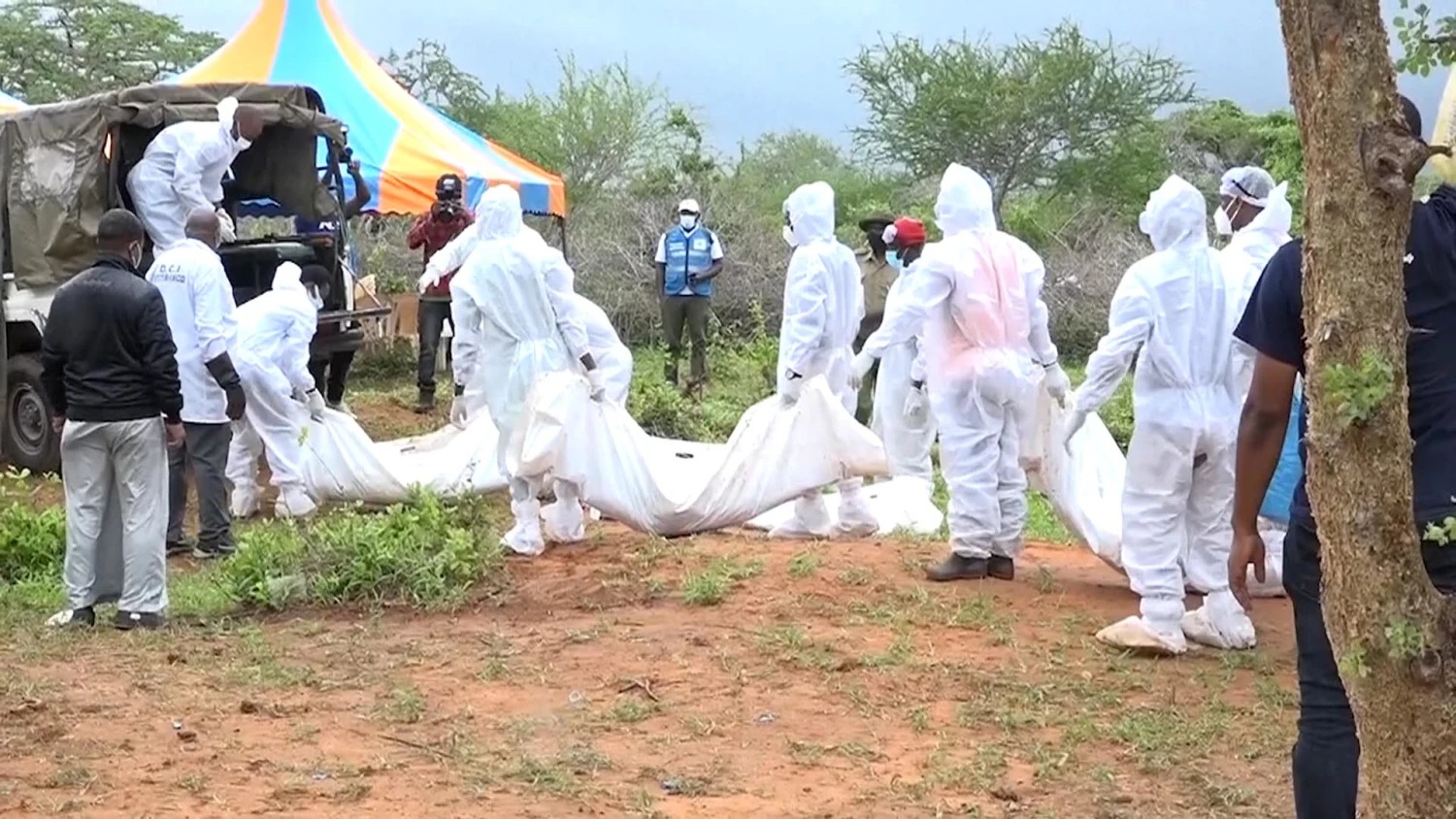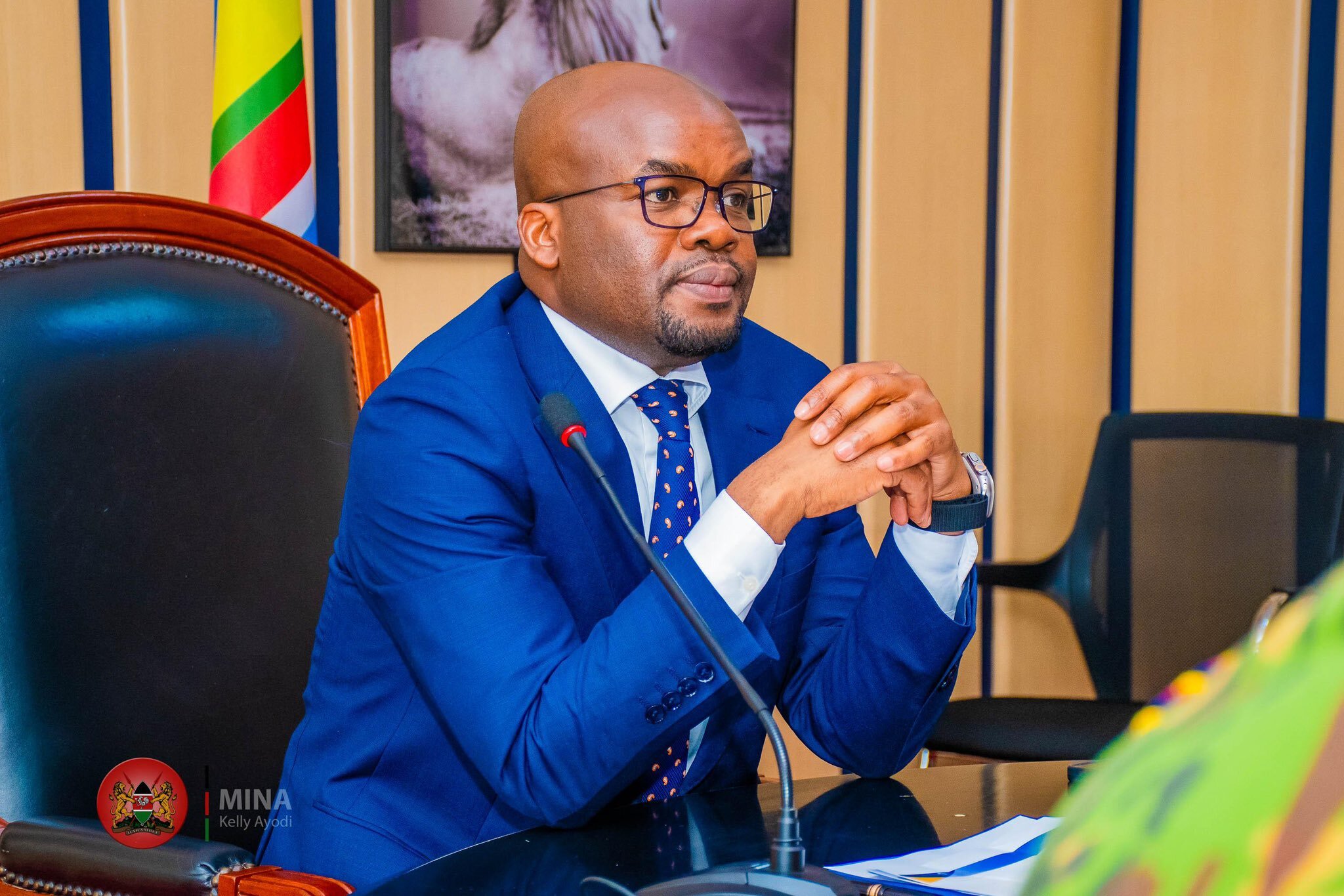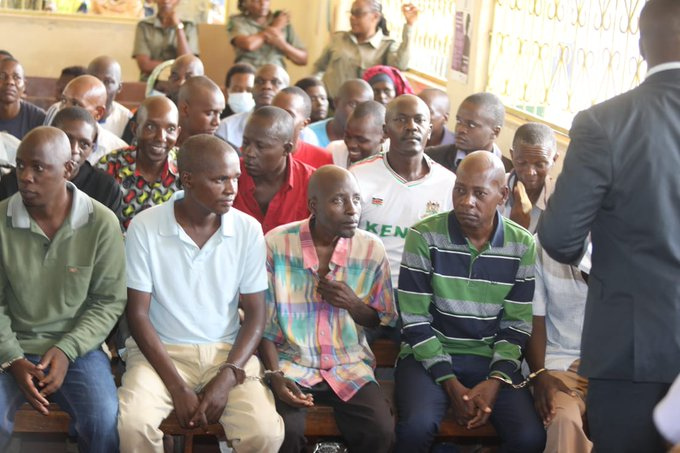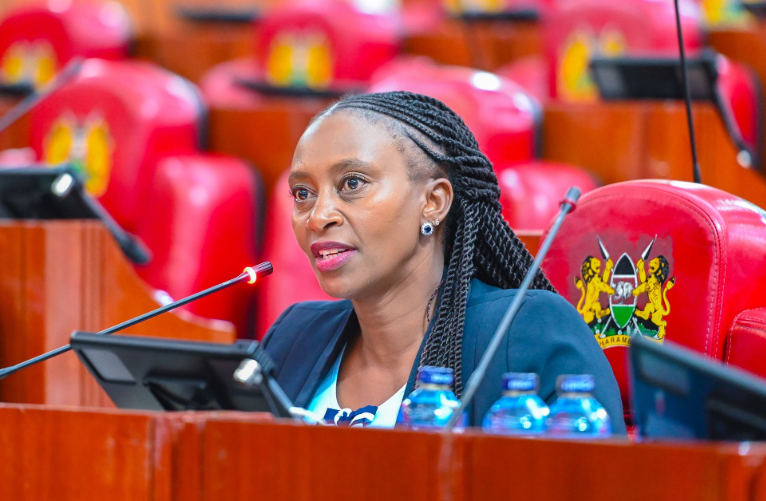Shakahola task force recommends 7 key policies to curb religious extremism

In response to the Shakahola tragedy that resulted in the deaths of numerous Kenyans due to religious extremism, President William Ruto has received the final report from the Presidential Task Force on the Review of the Legal and Regulatory Framework Governing Religious Organisations in Kenya.
The task force, established through Gazette Notices on May 5 and May 11, 2023, was charged with identifying legal, institutional, and governance gaps that enable the rise of extremist religious organizations and proposing reforms to prevent such entities from endangering public safety.
The task force’s comprehensive mandate was to address how legal loopholes and governance issues have allowed harmful religious sects, cults, and extremist organizations to flourish.
Their recommendations, now formalized in a detailed report, suggest the implementation of a robust policy framework and specific legislative measures to clarify legal requirements for religious organizations and delineate crimes committed under the guise of religion.
Recommendations
Key recommendations from the report include:
1. Enactment of new statutes: Specific laws to regulate religious organizations, ensuring they operate within legal bounds.
2. Establishment of a religious affairs commission: A new body to oversee and guide the activities of religious entities.
3. Hybrid regulatory model: Combining self-regulation by religious organizations with government oversight to maintain a balance between freedom and accountability.
4. Amendment of existing laws: Changes to the Kenya Information and Communication Act and other relevant statutes to address issues related to religious extremism.
5. Educational reforms: Revising the basic education curriculum to emphasize religious tolerance and educate the public on the dangers of religious extremism.
6. Civic education: Development of materials that outline the rights and responsibilities of religious organizations and citizens, highlighting the risks of religious extremism.
7. Collaborative reporting mechanisms: Formulating and enhancing multi-sectoral mechanisms for reporting and addressing religious extremism.
To institutionalize these recommendations, the task force has drafted the Religious Organisations Policy, 2024, the Religious Organisations Bill, 2024, and the Regulation of Organisations (General) Regulations, 2024.
These drafts aim to provide a clear legal framework for the operation and regulation of religious organizations in Kenya.
The recommendations advocate for safeguarding religious freedom while preventing harm to individuals and society.
This balanced approach seeks to uphold the constitutional right to freedom of religion while addressing the misuse of religious platforms for extremist purposes.
The task force’s report is expected to initiate significant legislative and policy changes in Kenya’s approach to regulating religious organizations, aiming to prevent tragedies like Shakahola and ensure that religious practices contribute positively to the country’s social fabric.
Shakahola death toll
The death toll of people believed to be followers of cult leader Paul Mackenzie hit 448 as of June 12, 2024.
Mackenzie and other suspects are being held at Shimo la Tewa Prison in Mombasa and have been charged with murder, manslaughter, terrorism and child abuse – they have pleaded not guilty.
The cult leader and the other suspects were arrested in connection with the deaths of the faithful who died in Shakahola due to self-inflicted starvation.
Autopsies have revealed the majority of the victims died of hunger but others, including children, appear to have been strangled, beaten or suffocated.
Mackenzie founded his Good News International Church in 2003. His church focused on apocalyptic preaching.
The controversial preacher is accused of inciting his followers to starve themselves to death in order to meet Jesus.
Survivors said there was an enforcer gang that was tasked with ensuring that no one broke their fast or left the forest hideout alive.
The Interior Ministry described the cult deaths as the worst security breach in Kenya’s history.
Author
Martin Oduor
The alchemist of literary works - a master wordsmith with a proven record of transforming the raw materials of language into a rich tapestry of emotion, thought, and imagination.
View all posts by Martin Oduor











